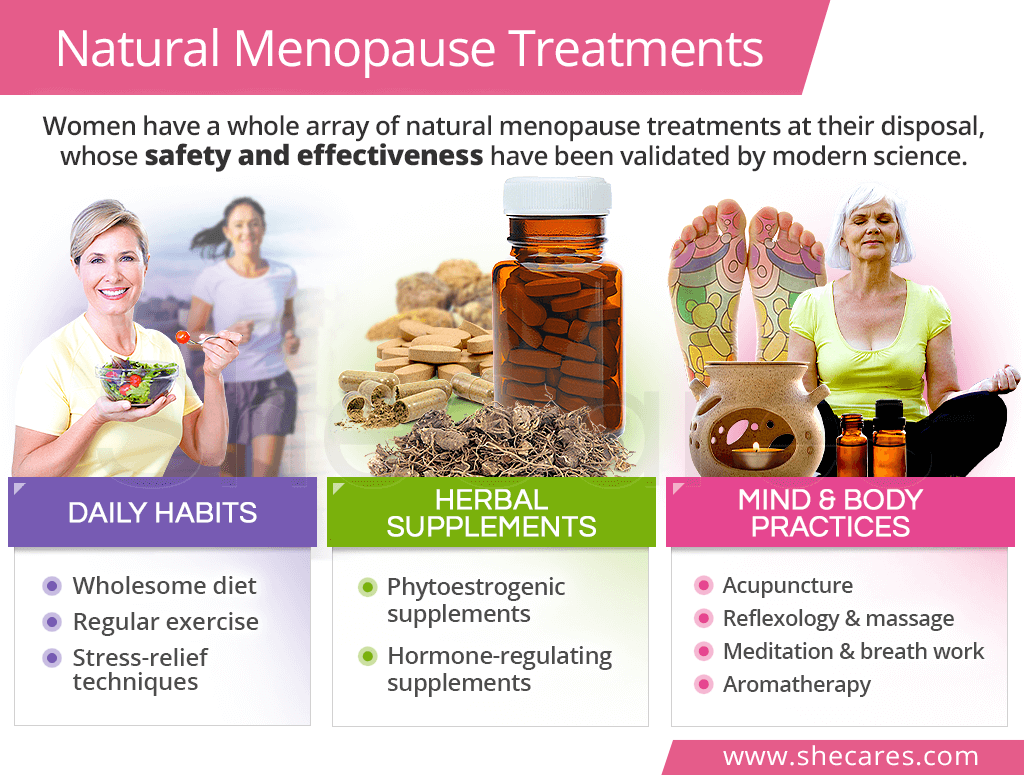Folate And Menopause: Managing Symptoms Naturally

Folate and Menopause: Managing Symptoms Naturally
Menopause, the natural transition when a woman’s menstrual cycle ceases, brings about a myriad of physical and emotional changes. While some women experience mild symptoms, others may face more severe challenges that can significantly impact their quality of life. Folate, an essential B vitamin, plays a crucial role in managing menopausal symptoms and promoting overall well-being during this transition.
What is Folate?
Folate, also known as vitamin B9, is a water-soluble vitamin that is essential for various bodily functions, including:
- DNA synthesis and repair
- Red blood cell production
- Amino acid metabolism
- Nerve function
Folate is naturally found in leafy green vegetables, fruits, beans, and fortified grains. It is also available as a dietary supplement.
Folate and Menopause Symptoms
During menopause, women experience a decline in estrogen levels, which can lead to a range of symptoms, including:
- Hot flashes
- Night sweats
- Mood swings
- Sleep disturbances
- Vaginal dryness
- Bone loss
- Increased risk of cardiovascular disease
Folate has been shown to play a role in alleviating some of these symptoms:
Hot Flashes and Night Sweats: Folate supports the production of serotonin, a neurotransmitter that helps regulate body temperature. Adequate folate levels may reduce the frequency and severity of hot flashes and night sweats.
Mood Swings: Folate is involved in the production of dopamine and norepinephrine, neurotransmitters that influence mood. Maintaining optimal folate levels can help stabilize mood and reduce irritability and anxiety.
Sleep Disturbances: Folate is essential for the production of melatonin, a hormone that regulates sleep-wake cycles. Sufficient folate intake can improve sleep quality and reduce insomnia.
Vaginal Dryness: Folate supports the production of collagen, a protein that helps maintain the elasticity and moisture of vaginal tissues. Adequate folate levels can help reduce vaginal dryness and discomfort.
Bone Loss: Folate is involved in the metabolism of homocysteine, an amino acid that can damage blood vessels and increase the risk of osteoporosis. By lowering homocysteine levels, folate may help protect against bone loss.
Folate and Cardiovascular Health
Menopause increases the risk of cardiovascular disease due to changes in hormone levels and other factors. Folate plays a crucial role in maintaining cardiovascular health by:
- Lowering homocysteine levels, which can damage blood vessels and increase the risk of heart disease and stroke
- Improving blood flow by reducing inflammation and promoting the production of nitric oxide, a vasodilator
- Reducing the risk of blood clots by supporting the production of platelets
Dietary Sources of Folate
The recommended daily intake of folate for women over 50 is 400 micrograms. Good dietary sources of folate include:
- Leafy green vegetables (spinach, kale, broccoli)
- Fruits (bananas, oranges, strawberries)
- Beans and lentils
- Fortified grains (cereals, bread)
- Liver
- Eggs
Folate Supplementation
If you are unable to meet your folate needs through diet alone, you may consider taking a folate supplement. However, it is important to consult with your healthcare provider before taking any supplements, as excessive folate intake can mask vitamin B12 deficiency.
Conclusion
Folate is an essential nutrient that plays a vital role in managing menopausal symptoms and promoting overall well-being. By ensuring adequate folate intake through diet or supplementation, women can alleviate some of the challenges associated with menopause and improve their quality of life during this transition.
Folate and Menopause: Managing Symptoms Naturally
Menopause, the natural transition when a woman’s menstrual periods cease, can bring about a range of physical and emotional symptoms. Folate, a B vitamin, plays a crucial role in managing these symptoms and promoting overall well-being during this time.
Top 5 Folate-Rich Products for Menopause
- Leafy Green Vegetables
Leafy greens, such as spinach, kale, and collard greens, are excellent sources of folate. They also provide essential vitamins, minerals, and antioxidants that support overall health.

- Legumes
Legumes, including beans, lentils, and peas, are rich in folate and fiber. They help regulate blood sugar levels, reduce cholesterol, and support digestive health.

- Citrus Fruits
Citrus fruits, such as oranges, grapefruits, and lemons, are packed with folate and vitamin C. Vitamin C is an antioxidant that protects cells from damage and supports immune function.

- Avocados
Avocados are a unique fruit that is high in folate, healthy fats, and fiber. They help reduce inflammation, improve heart health, and support cognitive function.

- Fortified Foods
Many breakfast cereals, breads, and pastas are fortified with folate. This is a convenient way to increase your intake of this essential nutrient.

Conclusion
Incorporating folate-rich foods into your diet can help manage menopause symptoms naturally. By consuming these foods, you can support your overall health and well-being during this transition.